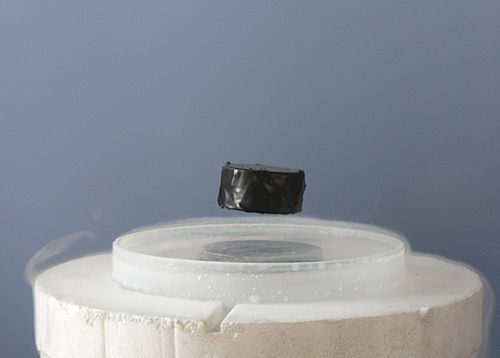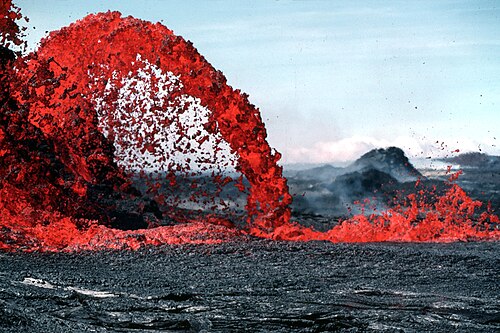Energeticsnoun
(physics) The branch of physics that studies the flow and transformation of energy
Energeticsnoun
The flow and transformation of energy within a specific system or device
Energeticsnoun
That branch of science which treats of the laws governing the physical or mechanical, in distinction from the vital, forces, and which comprehends the consideration and general investigation of the whole range of the forces concerned in physical phenomena.
Physicsnoun
The branch of science concerned with the study of the properties and interactions of space, time, matter and energy.
Physicsnoun
The physical aspects of a phenomenon or a system, especially those studied scientifically.
Physicsnoun
plural of physic
Physicsnoun
The science of nature, or of natural objects; that branch of science which treats of the laws and properties of matter, and the forces acting upon it; especially, that department of natural science which treats of the causes (as gravitation, heat, light, magnetism, electricity, etc.) that modify the general properties of bodies; natural philosophy.
Physicsnoun
the science of matter and energy and their interactions
Physics
Physics (from Ancient Greek: φυσική (ἐπιστήμη), romanized: physikḗ (epistḗmē), lit. 'knowledge of nature', from φύσις phýsis 'nature') is the natural science that studies matter, its motion and behavior through space and time, and the related entities of energy and force. Physics is one of the most fundamental scientific disciplines, and its main goal is to understand how the universe behaves.Physics is one of the oldest academic disciplines and, through its inclusion of astronomy, perhaps the oldest.

















